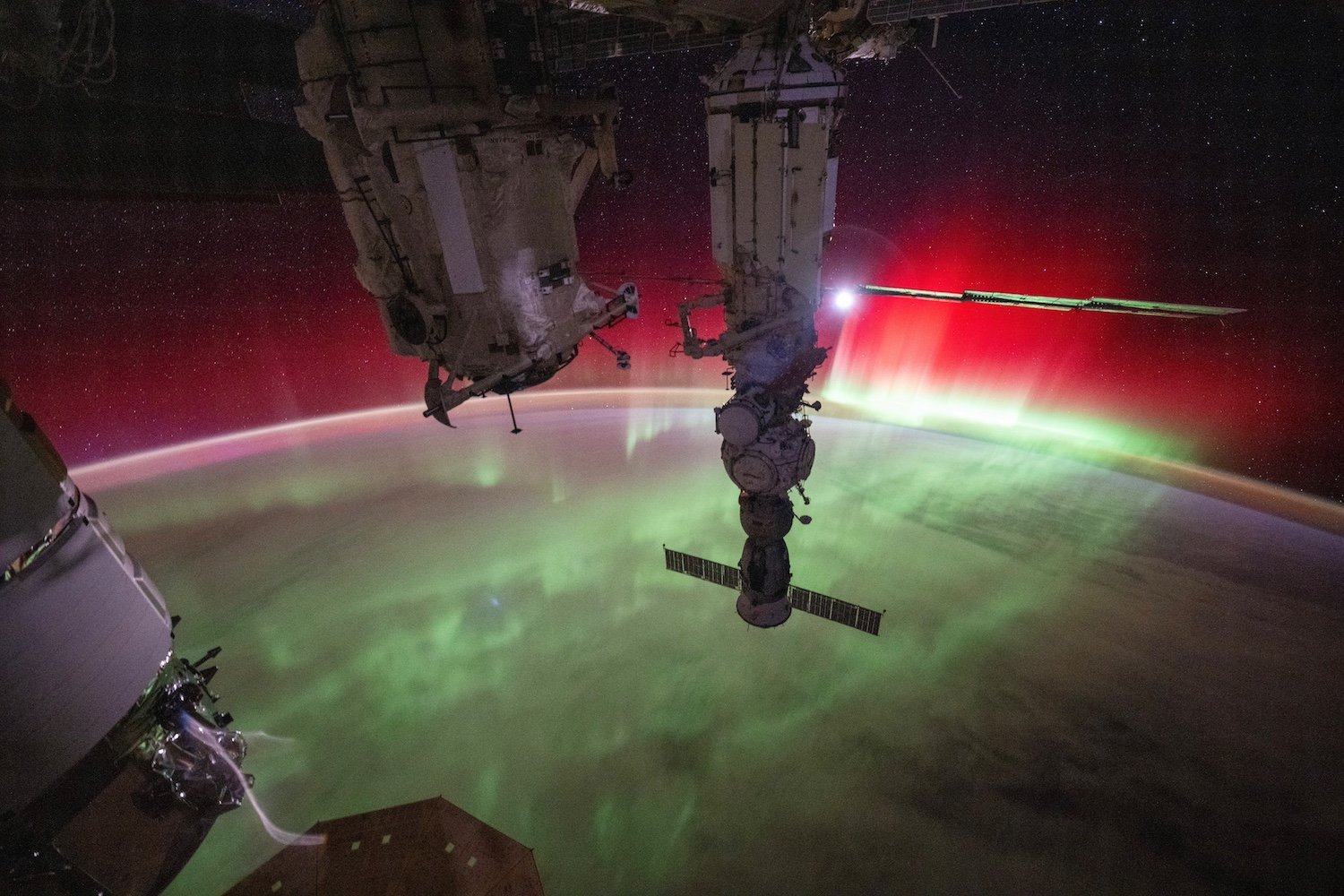
Israeli warplanes bombed ports and a power plant in Houthi-controlled Yemeni territory on Friday, the Israeli military said, in the latest attempt to force a militant group supported by Iran to stop shooting at Israel and commercial ships in the Red Sea.
Israel has escalated its strikes against the Houthis in recent weeks in response to repeated attacks by the Yemeni militia, which has fired on Israel in solidarity with Hamas in Gaza.
United States and Britain they also hit Yemen repeatedly in an effort to secure international waterways from Houthi attacks. But it was not clear whether Israel and its allies could successfully force the Houthis to end their attacks with a bombing campaign.
The Israeli air force bombed the Hezyaz power plant near Sanaa – the Houthi-controlled capital – not far from where thousands of Yemenis gathered for a weekly rally in solidarity with the Palestinians. The ports of Hudaydah and Ras Isa, Yemen’s main oil export terminal, were also attacked, the Israeli military said in a statement.
Experts warned that an attack on ports such as Hudaydah, the main conduit for essential supplies in northern Yemen, could worsen further which is already one of the world’s worst humanitarian crises. Torn by civil war for more than a decade, millions of people in Yemen face the threat of malnutrition, according to the United Nations.
The Israeli military said it struck targets at sites used by the Houthis for military purposes. One worker at the Hezyaz power plant was wounded, al-Masira, a Houthi-affiliated television station, reported. There were no other immediate reports of serious casualties.
“The port of Hudaydah is paralyzed and the port of Ras Isa is on fire,” Israel Katz, Israel’s defense minister, said in a statement. “The message is clear: Anyone who harms Israel will be struck tenfold.”
The Houthis are more than 1,000 miles from Israeli territory and have survived numerous attempts to defeat them since they came to power in Yemen’s decade-long civil war. The United States designates the Houthis as a terrorist group, and some of their regional allies – such as Saudi Arabia and the United Arab Emirates – have also attacked them.
Since a Hamas-led attack on Israel sparked the Gaza war on October 7, 2023, the Houthis have fired hundreds of rockets and drones at Israel. They also have hindered global navigation firing on passing merchant barges in a self-proclaimed attempt to enforce a blockade of Israel.
Over the past two months, the Houthis have stepped up their attacks, sending Israelis across central Israel rushing to bomb shelters late at night as air raid sirens blare. On Thursday, Houthi militants fired three drones into Israeli territory; the Israeli army said it had intercepted all of them.
Israel has bombed Yemen several times in response – sending its warplanes more than 1,000 miles to do so – but has struggled to decisively subdue the Houthis. The United States and its allies have also repeatedly attacked the Houthis over the past year without decisively deterring them from future attacks.
After Friday’s attack, Israeli Prime Minister Benjamin Netanyahu said that “the Houthis are paying and will continue to pay a high price for their aggression against us.”
On Friday, Mr. Katz threatened to kill Abdul-Malik al-Houthi, the group’s leader, as well as other commanders.
“No one is immune,” said Mr. Katz. “We will hunt you down and destroy the terrorist infrastructure you have built. The long arm of Israel will reach you, wherever you are.”
Jonathan Reisscontributed reporting from Tel Aviv.







